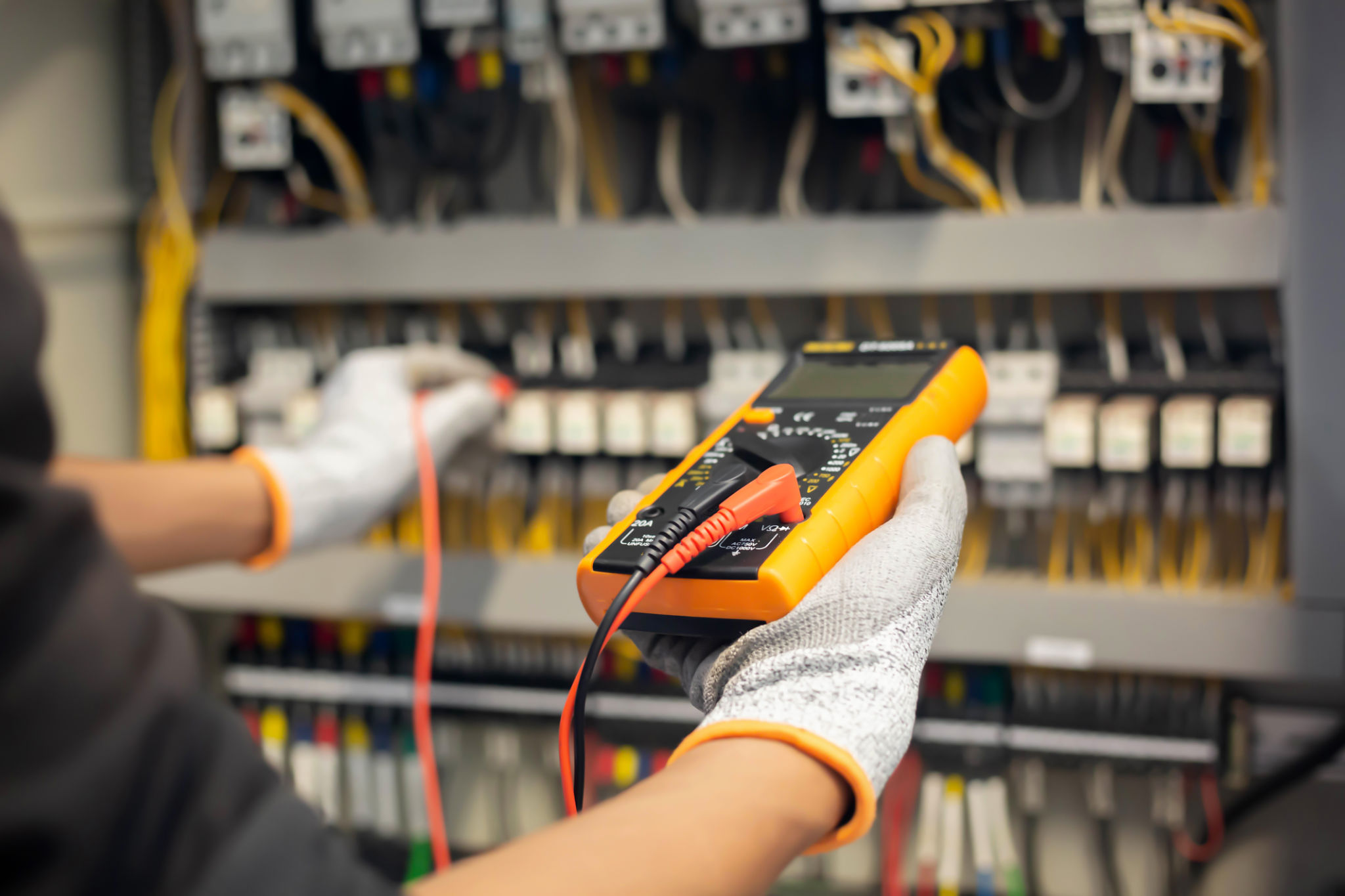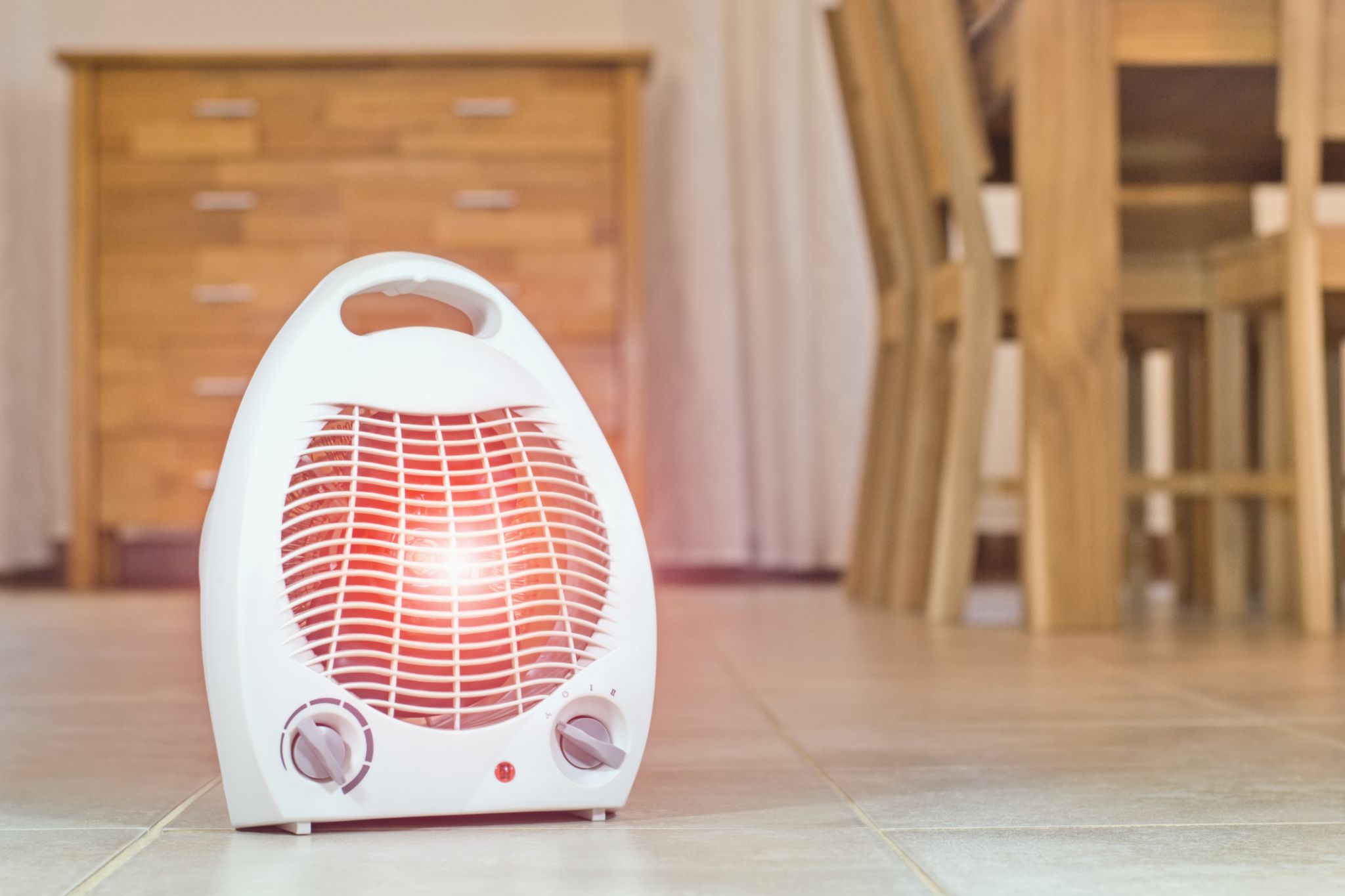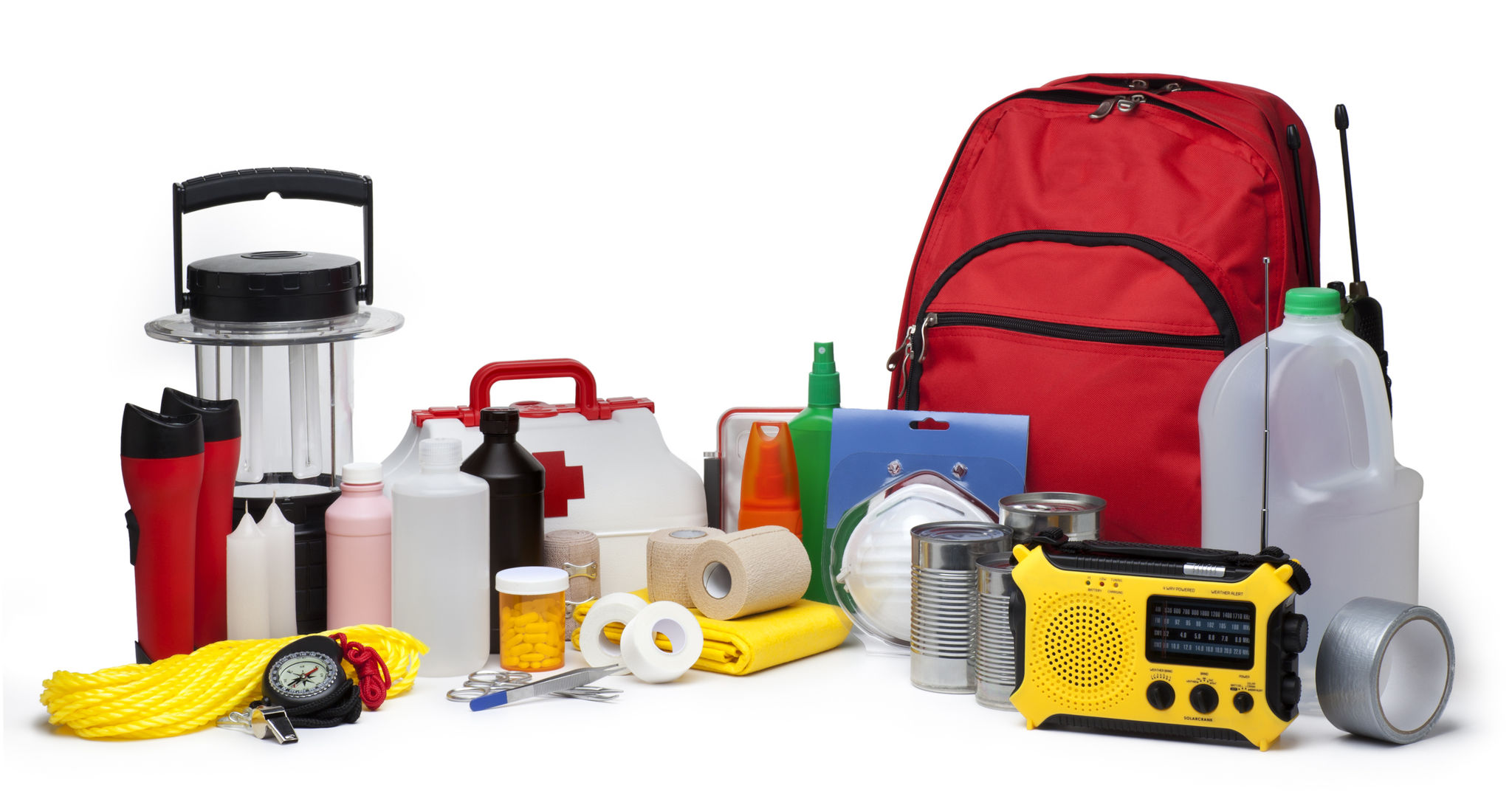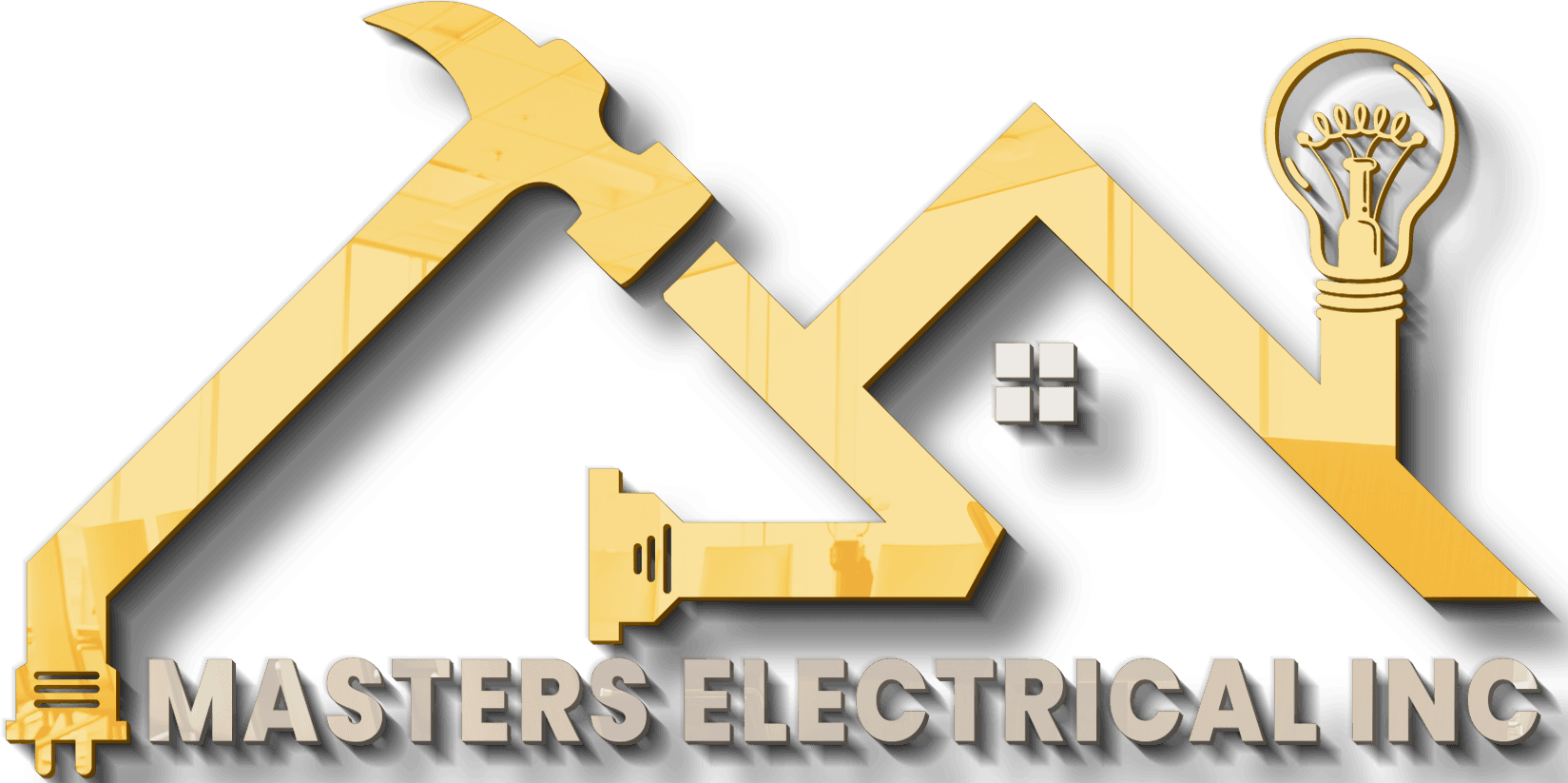How to Prepare Your Home for Winter: Electrical Safety Tips
AT
Check Your Electrical System
As the temperature drops, it's crucial to ensure that your home's electrical system is in top shape. Start by examining your circuit breaker or fuse box. Ensure that all breakers are properly labeled and functioning as expected. If you notice any signs of wear or frayed wires, it might be time to consult a professional electrician.
Don't forget to check all your outlets and switches. Ensure they are not warm to the touch, which can be a sign of faulty wiring. Replace any damaged or outdated outlets to prevent potential hazards. A simple upgrade to GFCI outlets in areas prone to moisture, such as kitchens and bathrooms, can significantly enhance safety.

Inspect Heating Devices
As you prepare for winter, inspecting all heating devices is essential. Space heaters, for instance, should be checked for frayed cords and proper operation. Make sure they are placed on a stable surface away from flammable materials.
If you have an electric fireplace, ensure it is clean and functioning correctly. Dust accumulation can lead to overheating and potential fire hazards. Additionally, consider having a professional service your central heating system to ensure it operates efficiently throughout the cold months.

Be Mindful of Extension Cords
Extension cords are commonly used during the winter months for holiday decorations and additional lighting. However, improper use can lead to electrical fires. **Avoid overloading extension cords** by plugging in too many devices. Use a smart power strip that can handle multiple devices safely.
Ensure extension cords are not run under carpets or rugs, as this can cause them to overheat. Always opt for heavy-duty cords designed for outdoor use if you're setting up exterior decorations. Regularly inspect all cords for any signs of damage or wear.

Test Smoke and Carbon Monoxide Detectors
Winter is a time when homes are sealed tightly to keep out the cold, which makes it even more important to ensure that smoke and carbon monoxide detectors are functioning correctly. Test each unit monthly and replace batteries as needed. Remember, the general recommendation is to replace detectors every 10 years.
Place detectors in strategic locations throughout your home, including near bedrooms and on every level of the house. This ensures that you will be alerted promptly in case of an emergency.
Prepare for Power Outages
Winter storms often bring power outages, so it's wise to prepare in advance. Consider investing in a generator to keep essential appliances running during an outage. Ensure you understand how to operate it safely and never use a generator indoors.
Stock up on flashlights, batteries, and candles, but use open flames cautiously to avoid fire hazards. A battery-operated radio can also be invaluable for receiving updates during extended power outages.

Final Safety Check
Before winter sets in fully, conduct a final safety check around your home. Look for any potential electrical hazards and address them promptly. Taking these steps will not only help protect your home but also provide peace of mind throughout the colder months.
Remember, when in doubt, consult with a licensed electrician to ensure your home is prepared and safe for winter. With these precautions in place, you can enjoy a warm and worry-free season.
